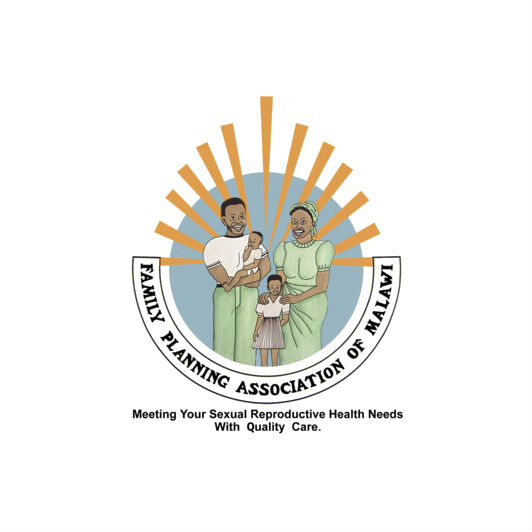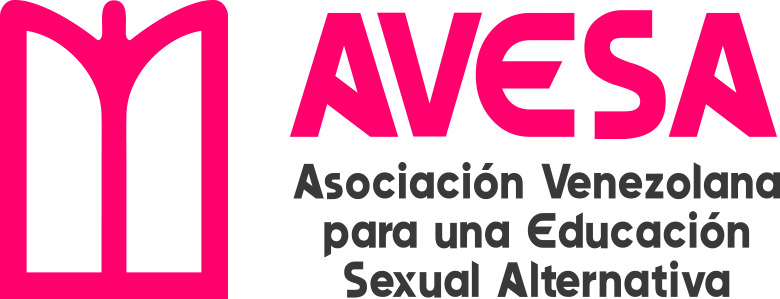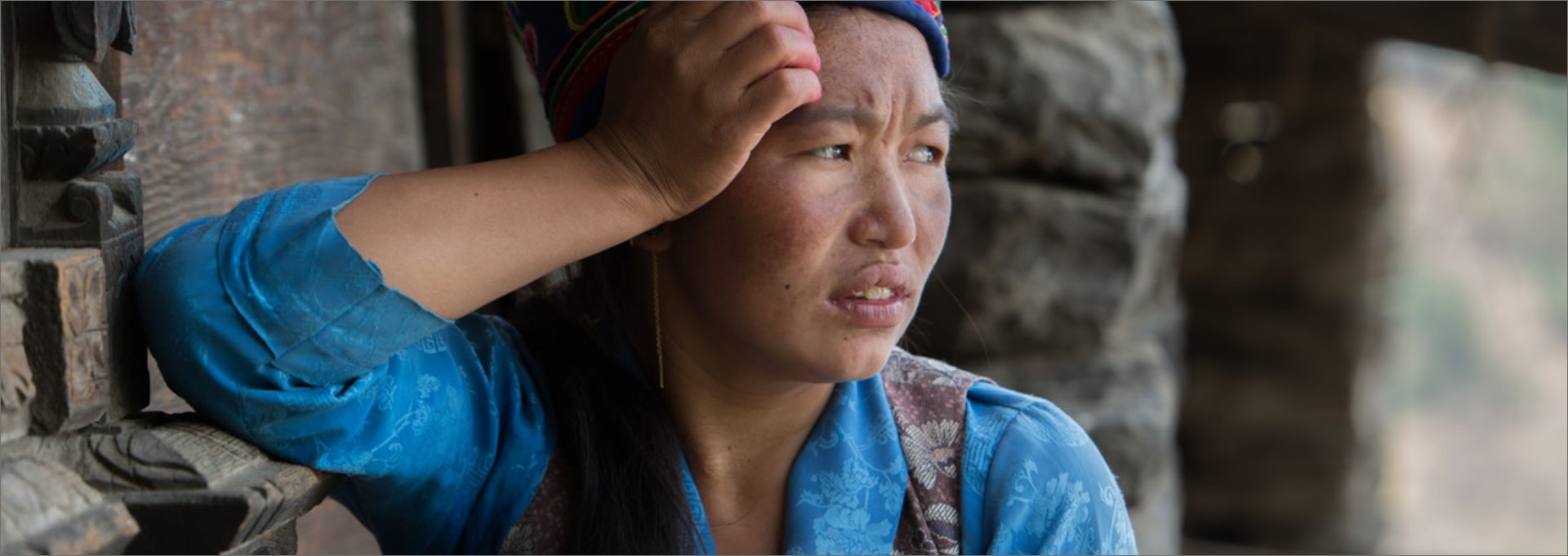

| 31 March 2016
Family Planning Association of Malawi
When it was founded in 1999, the Family Planning Association of Malawi (FPAM) focused on providing family planning services. As the organization has evolved, it has both refined and expanded its operation. Today, FPAM targets young people primarily, and reaches out to under-served rural communities. As a result, it operates 64 service points, including 53 mobile sexual and reproductive health (SRH) facilities and 4 static clinics. Its community-based distributor/services (CBDs/CBSs) profile is also very strong with 65 additional delivery points. As ever with IPPF Member Associations, the mix of outlets and approaches is very much led by the particular demographic and geographic needs of the country. FPAM also provides youth-friendly SRH information, education and behaviour change communication materials to young people at 4 youth centres, and through schools. Peer educators use group discussions, theatre performances, publications and audio-visual materials produced by community reproductive health promoters to pass on the message about good SRH practice and access to resources. The distribution of contraceptives, pregnancy testing, the diagnosis and treatment of sexually transmitted infections (STIs) and voluntary counselling and testing (VCT) for HIV are core to FPAM’s clinic activity. For its successful operation, the organization depends on a team of 46 full-time staff and over 600 volunteers. Over the years, FPAM has forged partnerships with health, family and youth departments in government, to advocate forward-thinking national SRH policies. It works with a variety of non-governmental organisations (NGOs) including the Malawi Girl Guides Association and Banja La Mtsogolo. Financing support comes from UNFPA, IPPF’s Japan Trust Fund, the Japanese Organization for International Cooperation in Family Planning (JOICFP), UNICEF, National AIDS Commission, GTZ, and Youth Incentives. FPAM also networks with other SRH-focused groups, particularly in the fields of HIV and AIDS and youth issues.

| 19 January 2024
Asociación Venezolana para una Educación Sexual Alternativa (AVESA) - Venezuela
Venezuelan feminist non-governmental organization, its mission is to promote and defend sexual and reproductive rights as a way to achieve an inclusive, just and equitable society. They promote articulated work with other women's, feminist and human rights organizations. Vision To be a school and a reference organization in the construction of a society that guarantees the exercise of a full, free and responsible sexuality. Principles Feminist: We analyze the structures of power and the patriarchal system, for its eradication in our organization and in society. Democracy: We fully assume our role in the construction of a participatory, active and inclusive democracy, with a view towards equality, equity and social justice. Care: We prioritize the well-being, safety and health of the people who are part of our team and the populations we work with. Protection: We have zero tolerance for any form of abuse, violence and sexual exploitation. Non-discrimination: We respect diversity and differences in terms of religion, social class, political affiliation, ethnic group, sexual orientation and gender identity and expression. Autonomy: We reject religious, political, economic or any other kind of impositions. Alternative sex education: We advocate for dialogue and the promotion of a full, free and responsible exercise of sexuality. Quality: We focus our work towards excellence, through the continuous improvement of our activities, processes and proposals. RIF: J-3097 5538-2 Instagram Twitter







